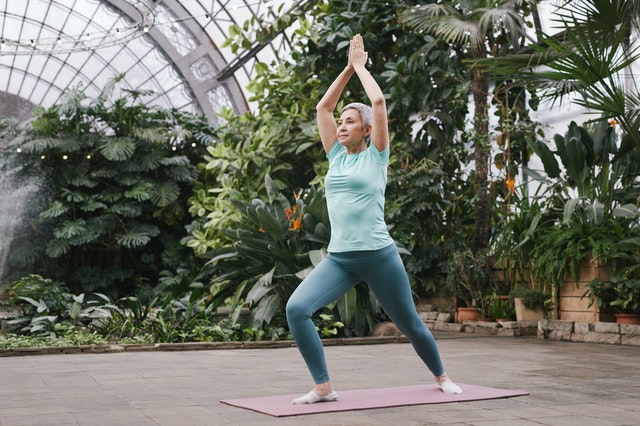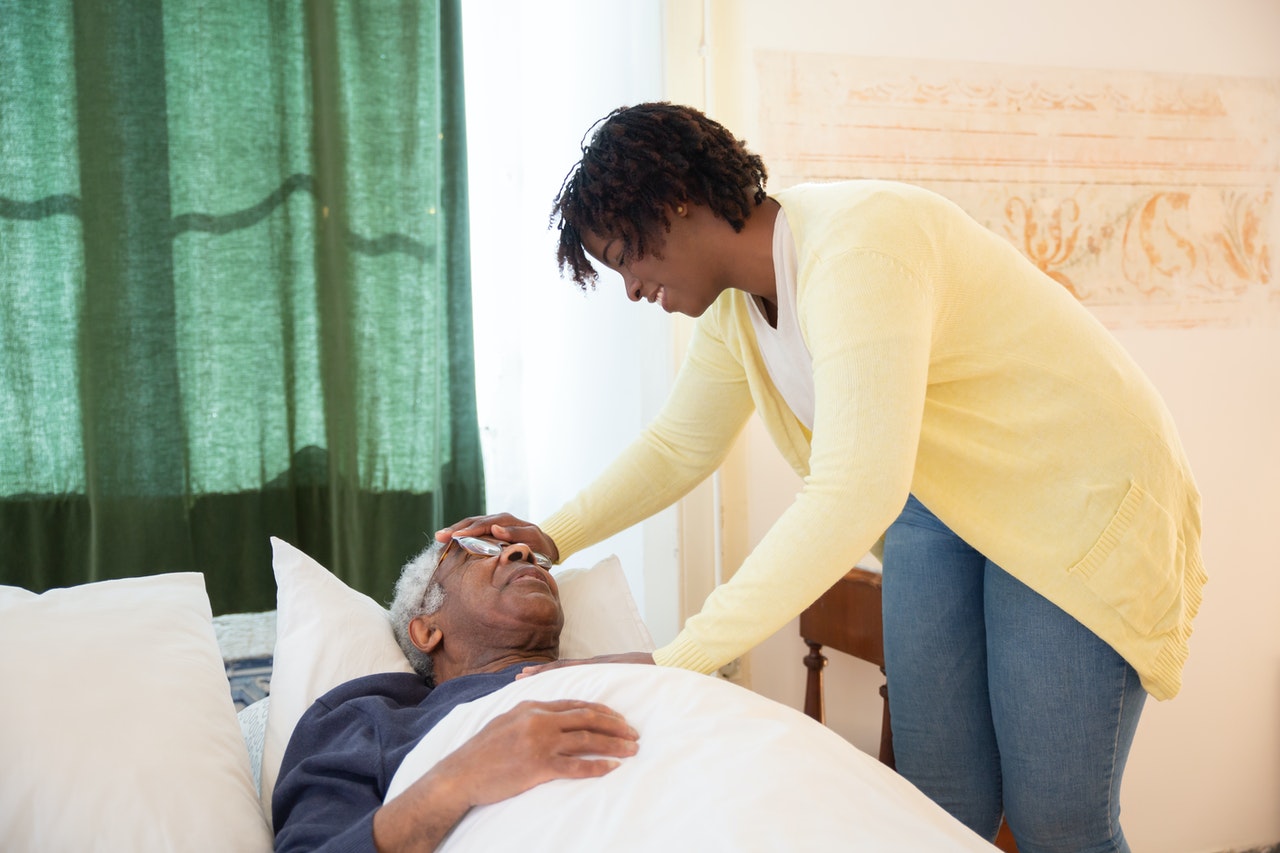
I feel like I maintain my health pretty well for a gal of my age, but lately, I’ve been discovering that the workouts I used to do are a little too … vigorous for me. All that jumping around I used to do is no longer possible (unless I want to risk breaking a hip or dislocating a knee).
At first, I was a little disappointed that I couldn’t do my favorite high-impact exercise routines anymore. I was under the impression that without jumping around like a maniac, I wouldn’t be able to achieve a high calorie burn. Boy was I ever wrong! I’ve discovered a new workout that gets my sweat dripping without my feet ever leaving the ground at the same time. It’s called Pilates.
I know, I know, Pilates is nothing new. But it’s one of those classic workouts that many of us have abandoned because we somehow thought it was old-fashioned or less effective than doing 50 burpees within a 10-minute time span. Thankfully, I have rediscovered why Pilates is so great and so effective for those of us with “advanced age.” Here are some of the top benefits of Pilates for seniors.
It Increases Flexibility and Strength

Try bending down and touching your toes. If this is hard for you to do, or if you only get as far as your knees, you could benefit from Pilates. With an emphasis on controlled movements and small ranges of motion, Pilates is very effective at increasing flexibility while also boosting your strength.
It Improves Mobility

Mobility is a little bit different from flexibility. Mobility primarily involves the major joints you use to get around and perform everyday actions. If you’re anything like me, you probably feel a little stiff in the hips, back, and knees.
Unfortunately, when you’re struggling with mobility, the tendency is to want to restrict your movements as much as possible because it hurts to move. But being sedentary will only make mobility issues worse. Pilates, on the other hand, gently guides your body through a variety of movements that can help improve mobility and get blood flow to key joints that might otherwise remain stiff.
It Is Gentle and Easy to Modify

Unlike high-impact workouts or HIIT routines, Pilates is gentle on the body and won’t tax your joints. It’s also easy to modify Pilates movements to fit your unique fitness and flexibility levels. One of the things I love most about Pilates is that it has virtually no impact. It’s also appropriate for individuals with high blood pressure, diabetes, osteoporosis and other conditions commonly experienced by seniors.
It Helps Prevents Falls

If you’re prone to falling, don’t underestimate the importance of a good Pilates routine. Pilates improves core strength, posture, and balance so you’re less likely to fall. It can also strengthen the core and legs so you’re steadier on your feet and have the muscular strength to hold yourself upright.
It Makes You Feel Good!

One of my favorite Pilates benefits is the way I feel after a workout. Once I learned that exercise doesn’t have to be painful, it became much easier for me to stay active and maintain my physical health into my senior years. Exercising releases feel-good hormones, including endorphins that give us energy and help us avoid depression and mood swings.
If you aren’t yet convinced that Pilates is right for you, give it a try! You have nothing to lose and a new favorite workout to gain. Try finding a Pilates class at a gym near you or simply turn on your TV and find a Pilates class on YouTube that you can complete in the comfort of your own home. Your body will thank you!
















